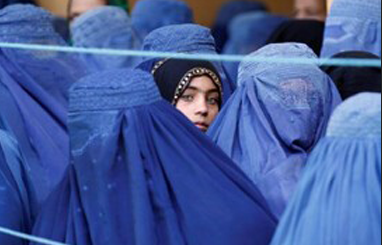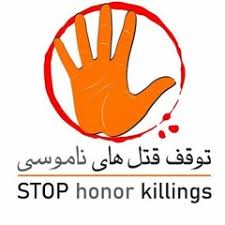Young Woman in Mashhad killed by her Father; her dismembered body set on fire
A 29-year-old woman in Mashhad, referred to by state media using the initials “F.D.”,
was killed by her 55-year-old father. After delivering the fatal blow, he dismembered her
body and set it on fire. State-controlled media have described the motive as “family
disputes,” but details of the incident, along with the legal and social context, show that
this was an “honor killing,” reinforced by discriminatory laws and cultural norms that
normalize such crimes.
Description of the Incident
The woman’s family reported her missing on Tuesday, October 7, 2025, by filing a
complaint with the Kazemabad Police Station in Mashhad. Nine days later, during
interrogation, the father confessed that he had first sent other family members out of the
house. He then struck his daughter with a severe blow to the face, killing her. He placed
the body in a bag, transported it to a metalworking shop, and severed her legs.
Afterwards, he took the dismembered body to an open area in the outskirts of Toos and
burned it using gasoline and rubber rings.
State media attributed the killing to “family disputes” and cited the woman’s two
previous marriages and divorces. Yet the level of brutality involved, dismemberment,
concealment, and burning, indicates a premeditated killing driven by motives far beyond
a simple domestic argument.
Honor Killing or Family Dispute?
State-run outlets often use vague labels like “family disputes,” minimizing the
seriousness of honor killings and confining them to the private sphere. Women’s rights
advocates define an honor killing as the killing of a woman based on concepts of
“honor” or “family reputation,” often justified or carried out by family members.
The father’s behavior, delivering a fatal blow, dismembering the body, transporting and
burning the remains, clearly indicates an organized act of violence motivated by notions
of “honor,” not a spontaneous family disagreement.
Article 301 of the Islamic Penal Code exempts fathers who kill their daughters from
qisas (retributive justice). This legal exemption is one of the structural factors that,
according to researchers, significantly contributes to the persistence of honor killings.
According to the Stop Honor Killings Campaign, at least 186 honor killings were
recorded and analyzed in 1402(2025). Among these:
32% were carried out with firearms (Kalashnikov or handgun),
26% with multiple stab wounds,
25% through suffocation, with the remainder involving beating, hanging,
poisoning, or burning.
These numbers demonstrate the severity and diversity of violence against women in
Iran and show that honor killings are a recurring, structural phenomenon.
Labeling such crimes as “family disputes” obstructs legal intervention, increases the risk
of repeated violence, and delays urgent reforms. Legally discriminatory exemptions and
the absence of protective policies send a dangerous cultural message: that a woman’s
life can be devalued in the name of “honor.”
The murder of “F.D.” in Mashhad illustrates the deadly combination of discriminatory
laws, media censorship, and lack of social support. Legal reforms, social protections,
and transparent media reporting are essential prerequisites for reducing and ultimately
stopping honor killings.
This case should not be framed as a “family dispute”, it should serve as a serious
warning and a call to action for transforming the policies and culture that perpetuate
violence against women.
#WomensRights
#Mashhad
#ViolenceAgainstWomen
#Feminism
#StopHonorKillingsCampaign
#NoToHonorCulture
#BurningTheBody
#DomesticMurder
#HumanRights
#SafetyForWomen
#NoToMisogynisticCulture
Follow news in the Stop honor Killings Campaign Telegram group:
https://t.me/stophonorkilling
Support the Stop honor Killings Campaign with Your Donations via PayPal:
https://paypal.me/stophonorkillings?country.x=US&locale.x=en_US
Stop honor Killings Campaign


















